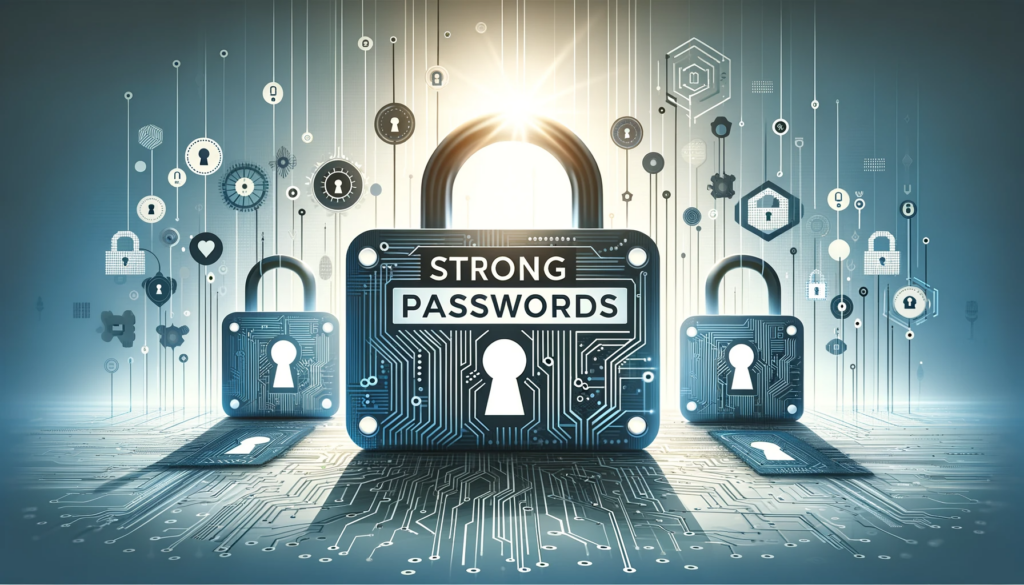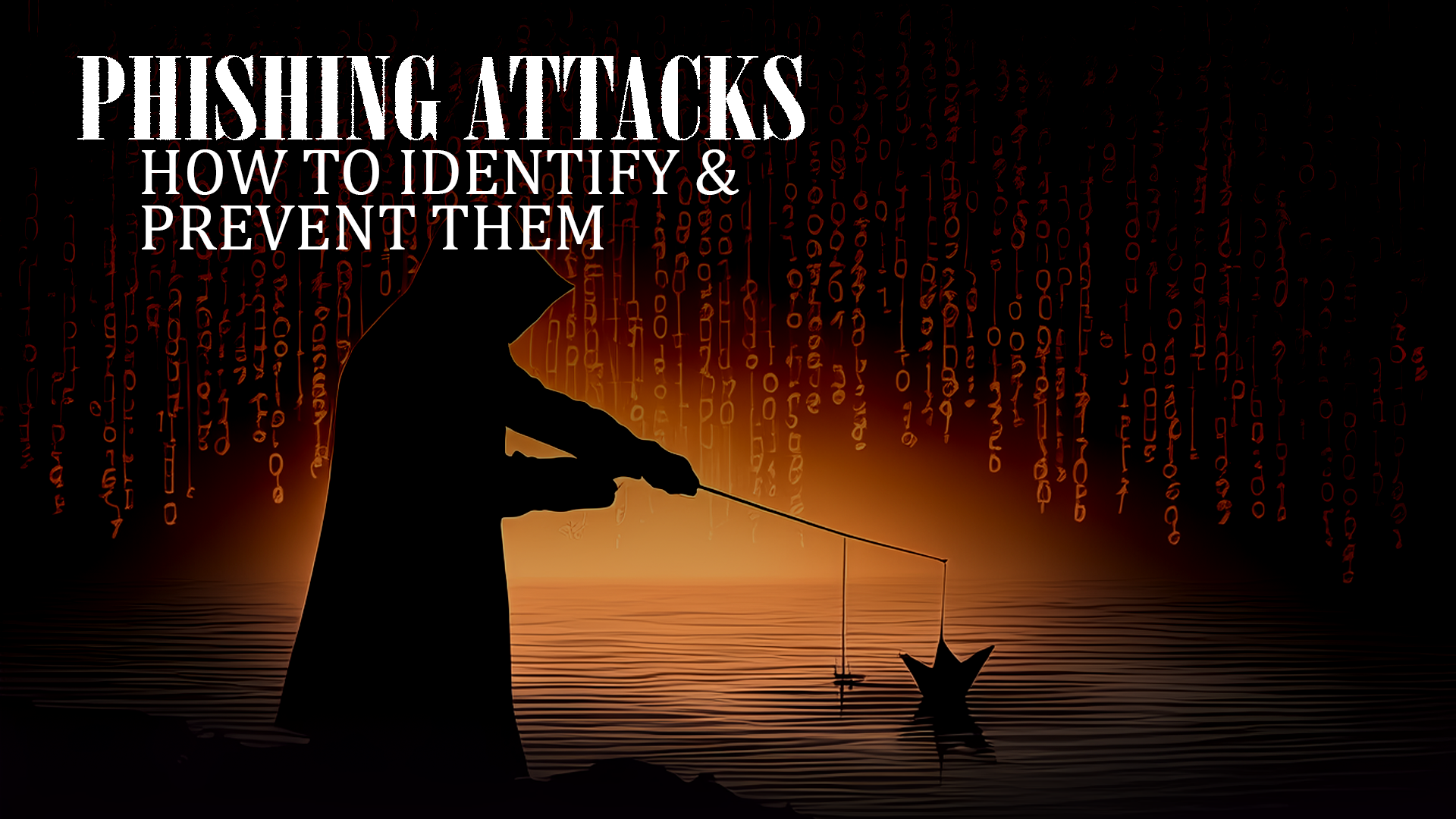In an era where our digital footprints are as substantial as our physical presence, the significance of a strong password cannot be overstated. As the cornerstone of cybersecurity, effective passwords are your first line of defense in the vast realm of online security. This article delves into the essential elements that constitute a robust password, enhancing both your personal and business’s security posture.

Why Strong Passwords Matter
In the digital age, your personal and financial information is constantly at risk. Statistics show that a significant percentage of cyber breaches are due to weak passwords. Ensuring your password is strong is not just a recommendation; it’s a necessity to safeguard online security.
The Five Pillars of a Robust Password
Length and Complexity: A strong password should be at least 12 characters long, combining letters (both uppercase and lowercase), numbers, and symbols. This complexity makes it difficult for attackers to crack your password using brute force methods. The longer and more complex your password, the more combinations a hacker has to try, significantly reducing their chances of success.
Unpredictability: Your password should be difficult to guess. This means avoiding common words, phrases, or easily accessible personal information such as birthdays, anniversaries, or names of pets. Unpredictable passwords often use random word combinations or phrases that have personal meaning only to you but seem nonsensical to others.
Uniqueness: Each of your accounts should have a different password. Using the same password across multiple sites increases the risk that if one account is compromised, others will be too. Unique passwords for each account help contain any potential security breaches to a single account.
Regular Updates: Changing your passwords periodically can limit the damage caused by a security breach. It’s advisable to change your passwords every few months, especially for sensitive accounts like email, banking, and social media. Cyber Protection This practice helps in minimizing the window of opportunity for a hacker to use stolen credentials.
Use of Password Managers: Remembering a long list of complex, unique passwords can be challenging. Password managers can help by securely storing your passwords in an encrypted database. They can also generate strong, random passwords for each of your accounts, ensuring you maintain strong password hygiene without the stress of remembering each one.
Strong Password Example:
A password like ‘BlueCoffeeMug!2024’ demonstrates these principles effectively. It’s sufficiently long and complex, combining upper and lower case letters, numbers, and symbols. It doesn’t contain predictable information and is unique enough not to be easily guessed. Such a password, stored in a password manager and updated regularly, significantly bolsters your online security.
Incorporating these five pillars into your password creation process can greatly enhance your digital protection and decrease the likelihood of unauthorized access to your accounts. Remember, in the digital world, your password is the key to your personal data fortress. Making it as strong as possible is essential for safeguarding your online presence.
The Impact of Strong Passwords for in Business
For businesses, a breach can be devastating. A study by IBM found that the average cost of a data breach is in millions, highlighting the importance of secure passwords in corporate cybersecurity strategies.
We would love to hear your thoughts and experiences with password security. Share your best practices in the comments below!
Conclusion: Your digital security is as crucial as your physical safety. By embracing the principles of strong password creation, you take a significant step towards safeguarding your online presence.
Concerned about your digital security? Contact DTS Inc for a comprehensive Personal Security Review and fortify your digital life today.





